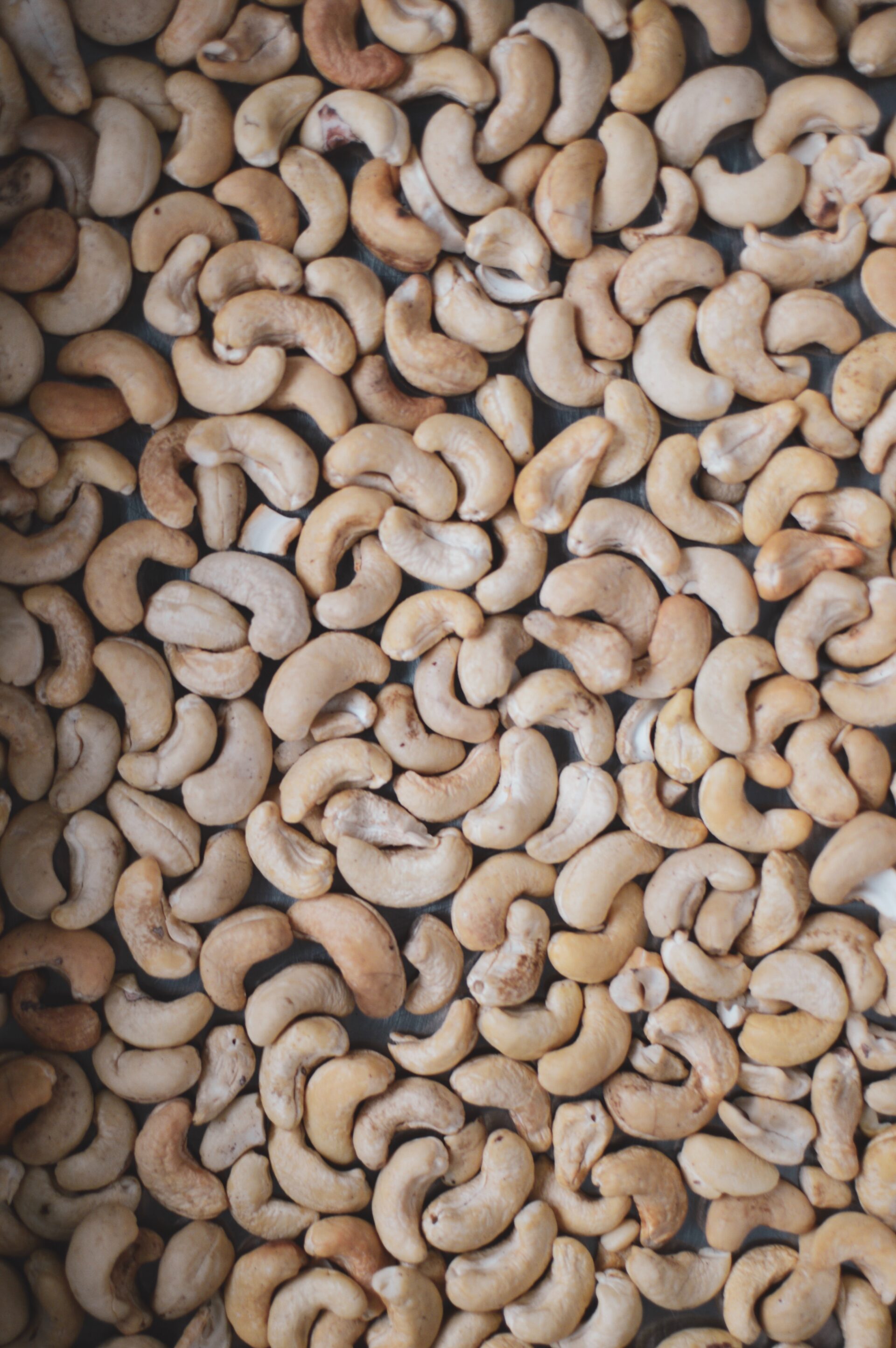
Are Cashews Good For Dogs?
Are cashews good for dogs? In short, no; cashews are not safe to feed to dogs. Cashews have many health benefits, but dogs can’t process the nutrients in cashews as easily as humans can, which can lead to serious illness and even death if consumed.
However, some of the health benefits of cashews can be obtained through other foods that dogs eat without causing any negative side effects or complications.
Table of Contents
How Many Cashews Can Dogs Eat?
Cashews are high in fat, which is not the best thing to eat. Cashews can cause pancreatitis and other digestive problems if eaten in large quantities.
As long as you monitor your dog’s intake of cashews, they can enjoy them on occasion as a snack.
You should also be aware that if too many cashews are consumed too quickly, this can lead to pancreatitis, so be sure your pup only has a handful at any given time.
The same goes for other nuts like walnuts and pistachios – while they may be healthier than chips or sweets, always keep an eye on how much they’re eating.
Keep them out of reach! Be mindful of what’s going on around him when he eats; make sure nothing will distract him from his snack!
Remember, they are high in fat, so don’t let him have too many (pistachios) without paying attention.
Make sure he doesn’t have access to things that could distract him while he’s eating (chocolate). It can cause pancreatitis if eaten too fast.
What Nuts Are Poisonous To Dogs?
Nuts can be poisonous to dogs, but it’s only the shell that is harmful. The inside of the nut is safe and healthy. Cashews are high in fat and should not be given to your dog because they can cause pancreatitis.
Other nuts you should avoid giving to your dog are walnuts, macadamia nuts, Brazil nuts, and pistachios.
They are all very high in fat and can lead to health problems such as pancreatitis or obesity.
Feeding these types of nuts on a regular basis may also lead to a deficiency in copper, which will affect the dog’s immune system, coat condition, or joint function.
If the only thing wrong with your pet is weight, there are low-calorie foods available at most pet stores that you can feed him instead. Remember: when it comes to food, variety is key!
Why Are Cashews Good For Dogs?
Cashews are a healthy and nutritious snack. They have protein, fiber, and iron. They also contain B vitamins which help break down carbohydrates into energy.
Cashews are also rich in antioxidants, especially vitamin E which is crucial in fighting free radicals that damage cells in the body.
Studies have found that just eating one ounce of cashews provides you with your daily dose of vitamin E.
Cashews are high in fat, so moderation is important to maintain a healthy diet.
If you’re looking for another dog-friendly nut option, almonds are an excellent alternative!
Almonds provide protein and fiber, but unlike cashews, they don’t contain any iron.
Almonds do however provide magnesium which can be beneficial if your pup suffers from arthritis or inflammatory bowel disease.
However, be careful not to give too many nuts as they can potentially cause vomiting or constipation!
Will One cashews Hurt My Dog?
Most experts say that one cashew won’t hurt your dog, but it’s not advisable to give them more than a couple.
Some types of nuts can cause digestive problems in dogs, so be sure to monitor closely if you want to give them any.
Cashews are actually healthy for humans as well, and contain an enzyme called aspartic acid which helps fight against joint disease.
You should never feed your dog raw cashews or raw almonds due to the possibility of food poisoning from the bacteria found on these types of nuts.
Cashews can also help improve digestion and reduce pain from arthritis symptoms because they contain lots of magnesium.
It is best to avoid giving your dog whole cashews though; they’re much too hard and could make their teeth wear down too quickly.
Read Also: CAN MY DOGS EAT STRAWBERRIES?
Roasting or grinding them first will make them easier to chew, while still preserving all the nutrients!
Can Dogs Eat Cheese?
It is always a good idea to ask your veterinarian before introducing new foods to your dog, especially if you know that they have food allergies or sensitivities.
A vet will be able to advise you on the type and amount of cheese that may be suitable for your dog.
- Dairy products such as cheese can upset the stomach of some dogs, making them sick.
- Cheese is difficult to digest because it lacks the bacteria needed to break down lactose in milk. Dogs lack an enzyme called lactase which breaks down milk sugar into glucose and galactose.
Without this enzyme, the sugars in dairy products are not digested properly which can lead to an upset stomach or gas and bloating.
Some experts recommend sticking with hard cheeses like cheddar or Swiss that are lower in lactose than soft cheeses like ricotta or brie.
All dairy products should be introduced slowly into your dog’s diet so their stomach has time to adjust.